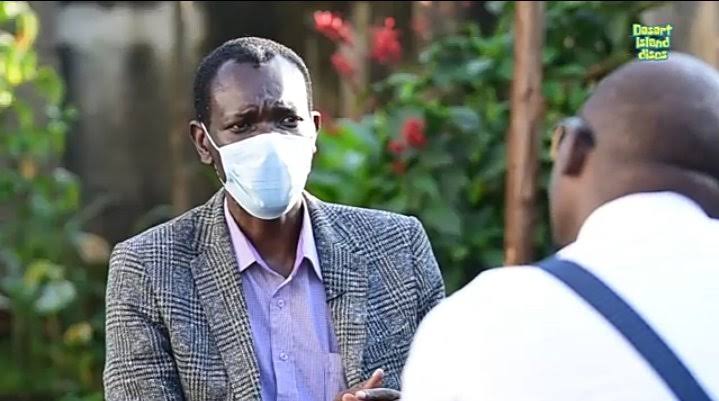Having ravaged almost every corner of the world, Coronavirus has not spared Uganda either. First fatality was announced in March 2020 and in hurry the government imposed a lockdown which resembled a warlike situation that many Ugandans were sadly familiar with.
Since then, educational institutions, manufacturing units, indeed every other sector has come to a collapsing point. Though blessed with enormous natural resources Uganda is a poor country, although not one of the poorest. It is almost impossible to run the country without external aid. As the world economy has come to a breaking point the usual aid is difficult to find. Now a country like Uganda is pushed to borrow money which creates long term social and economic repercussions.
To put it in concrete terms, the following are some of the effects of Coronavirus epidemic and it’s induced lockdown:
1. On 4th July the government of Uganda declared the fatality to 1970 people. As many people have died in their homes and in remote villages, the actual number could be much higher.
2. As on 5th July at least 1,116 are being treated in the hospitals and over 25,900 other patients are being managed from home.
3. As hospitals are overwhelmed with corona patients, it is found to be impossible to treat other chronically ill patients suffering from diabetes, high blood pressure, HIV/AIDS and those with heart ailments. Several deaths are reported due to this.
4. Traditional foreign exchange earning sectors such as tourism, agriculture and food processing units are almost on the brink of collapse.
5. As the manufacturing and other service sector has been closed, people have lost jobs and salaries for over a year. This has fueled the already existing unemployment.
6. In the past two decades, private schools have become indispensable in Uganda; now that schools are closed and eventually no income, the proprietors have failed to serve bank loans and cater for the staff. Currently it is estimated that over 1,000 schools are due for auction. It is certain that most of these schools will never open.
7. Already strained hospitals are overwhelmed by coronavirus patients. Numerous medics have passed on in the line of duty. It will take many years for the medical sector to come to normal operation.
8. Prices of food and other essential commodities have skyrocketed, pushing more people to extreme poverty. Added to rise of prices, taxes, transport charges and other service charges are out of reach for the poor and vulnerable.
9. Majority of the Ugandan population survives on the sale of agricultural produce. As lockdown has brought transport to standstill and the closure of markets, agricultural produce remains not harvested, they are sold for throw away prices leaving the farmers as big losers.
10. Market vendors, small scale traders and retail shop keepers are the worst hit group of people.
With this background information it is painful to describe the state of refugees who are in precarious situations. From the time Coronavirus hit the East African nation, food ration given to the refugees were gradually reduced to 40%, which means, today a refugee receives about 5 kgs of maize flour, 3 kgs of beans, half a liter of cooking oil and a few grams of salt. The supply of other non-food items was completely stopped.
Salesian missionaries working with the vulnerable young people, we witness enormous problems that our young people undergo. One of the pressing problems is redundancy among young people due to the closure of schools, youth centers, church activities, and other leisure activities of young people. With curfew in force, they are also unable to move in the evening to visit friends and relatives within the Settlement Camp.
Given this situation, the Salesians have tried to keep at least a few young people active and useful. Though our Vocational Training Center is closed, we have kept our agriculture activities going. About 40 young men and women come to work in the garden and keep clearing more land for planting food crops such as maize and beans. Though the rains were late we managed to cultivate a substantial amount of fruits and vegetables. We share with students food items and agricultural produce. Refugee students also found time to clean the local Health Center and plant trees as their environment protection activity.
We also thank Insieme Si Puo for their generous donation of food. Soon we will be collaborating with AVSI – an Italian founded charitable organization and Women Feed Africa, another agricultural training organization in training and food production. Many of our activities are made possible by the assistance of Jugendhilfe Weltweit, through Vereinigung Don Bosco Werk from Don Bosco Switzerland. Our big thanks to them.
Our Masonry trainees, both past and present students have been engaged in landscaping and preparing lawns within the VTC premises. Now our school is wonderful to see. We are also engaged in other construction works such as chapel, fencing our land and other maintenance works. Students get paid for their work which is a boon during this time of great need.
Fr. Lazar Arasu SDB
Director-Salesians of Don Bosco Refugee Services, Palabek Refugee Settlement, Uganda.
Do you have a story in your community or an opinion to share with us: Email us at Submit an Article








